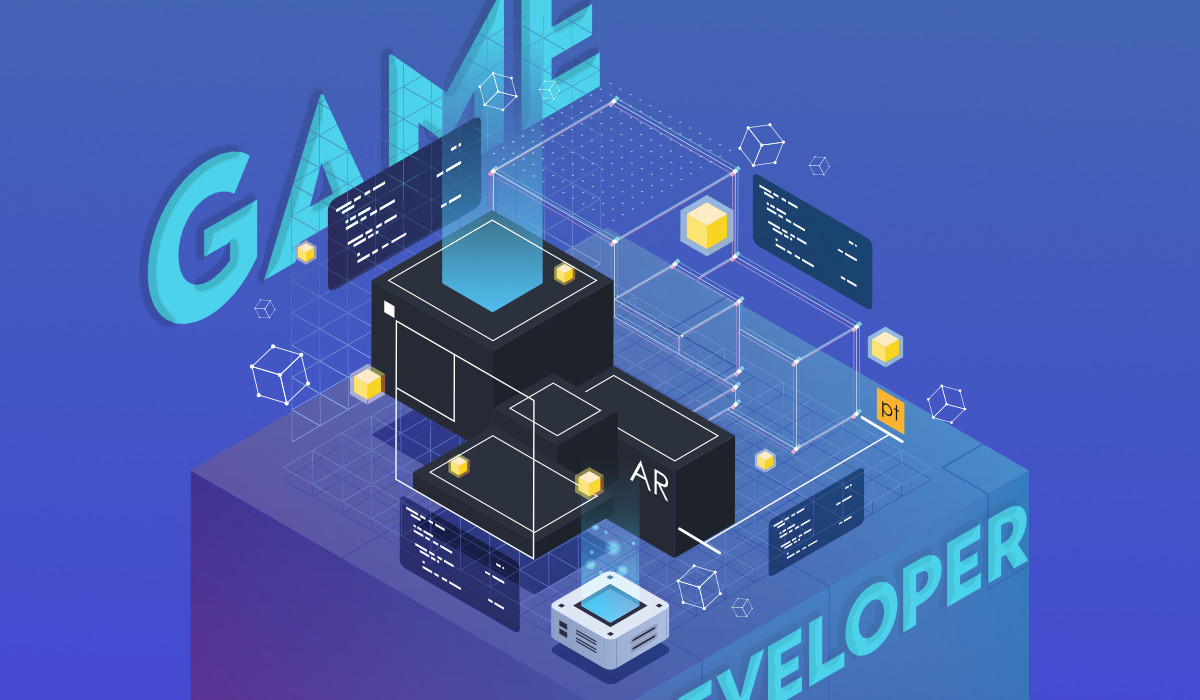Hiring a Game Developer in the USA
The gaming industry in the United States has experienced remarkable growth in recent years, fueled by advancements in technology, increasing demand for interactive entertainment, and the rise of esports. As companies strive to capitalize on this thriving market, the need for skilled and talented game developers has never been greater. Whether you’re a game studio, a tech company venturing into gaming, or an entrepreneur with a game idea, hiring a competent game developer in the USA is crucial to bringing your vision to life.
Game development is a complex and multifaceted process that requires a blend of technical expertise, creativity, and a deep understanding of player preferences and market trends. From designing captivating gameplay mechanics to implementing cutting-edge graphics and optimizing performance, game developers play a pivotal role in shaping the success of a game. Here are key considerations and steps to help you hire the right game developer in the USA:
- Define Your Requirements: Before starting your search, clearly define your requirements and expectations for the game developer. Determine the scope of the project, the platform(s) you’re targeting (e.g., PC, console, mobile), the genre of the game, and any specific technical skills or experience you require.
- Evaluate Technical Skills: Look for game developers with a strong technical background in programming languages such as C++, C#, Java, or Unity. Assess their proficiency in game engines, graphics programming, AI algorithms, multiplayer networking, and other relevant technologies based on your project’s needs.
- Assess Creativity and Portfolio: Review candidates’ portfolios to evaluate their creativity, artistic skills, and previous projects. Look for diversity in game genres, art styles, and gameplay mechanics to ensure versatility and innovation. Pay attention to the quality of graphics, animations, sound design, and user interfaces in their portfolio.
- Consider Experience and Expertise: Consider candidates’ experience level and expertise in game development. Junior developers may bring fresh ideas and enthusiasm, while senior developers offer extensive industry knowledge, leadership skills, and the ability to manage complex projects. Choose the level of experience that aligns with your project goals.
- Cultural Fit and Collaboration: Assess candidates’ communication skills, teamwork abilities, and cultural fit with your company’s values and work environment. Game development often involves collaboration among multidisciplinary teams including artists, designers, engineers, and testers. Ensure candidates can contribute effectively to cross-functional teams.
- Review References and Recommendations: Request references or recommendations from previous employers or clients to validate candidates’ skills, work ethic, reliability, and professionalism. Feedback from industry peers and stakeholders can provide valuable insights into candidates’ performance and capabilities.
- Conduct Technical Interviews: Conduct technical interviews to assess candidates’ problem-solving abilities, coding proficiency, game design knowledge, and understanding of gaming industry trends. Present candidates with real-world scenarios or coding challenges relevant to your project to gauge their expertise.
- Negotiate Compensation and Benefits: Once you’ve identified a suitable candidate, negotiate compensation, benefits, project timelines, and expectations. Consider factors such as salary, bonuses, remote work options, project ownership, intellectual property rights, and career development opportunities to secure a mutually beneficial arrangement.
By following these steps and conducting a thorough evaluation process, you can hire a skilled and experienced game developer in the USA who aligns with your project goals, vision, and company culture. Collaborating with talented game developers is essential for creating immersive, engaging, and successful games that resonate with players and make a lasting impact in the competitive gaming industry.

